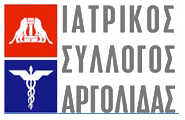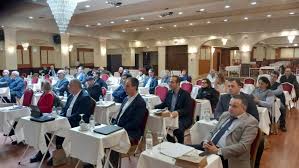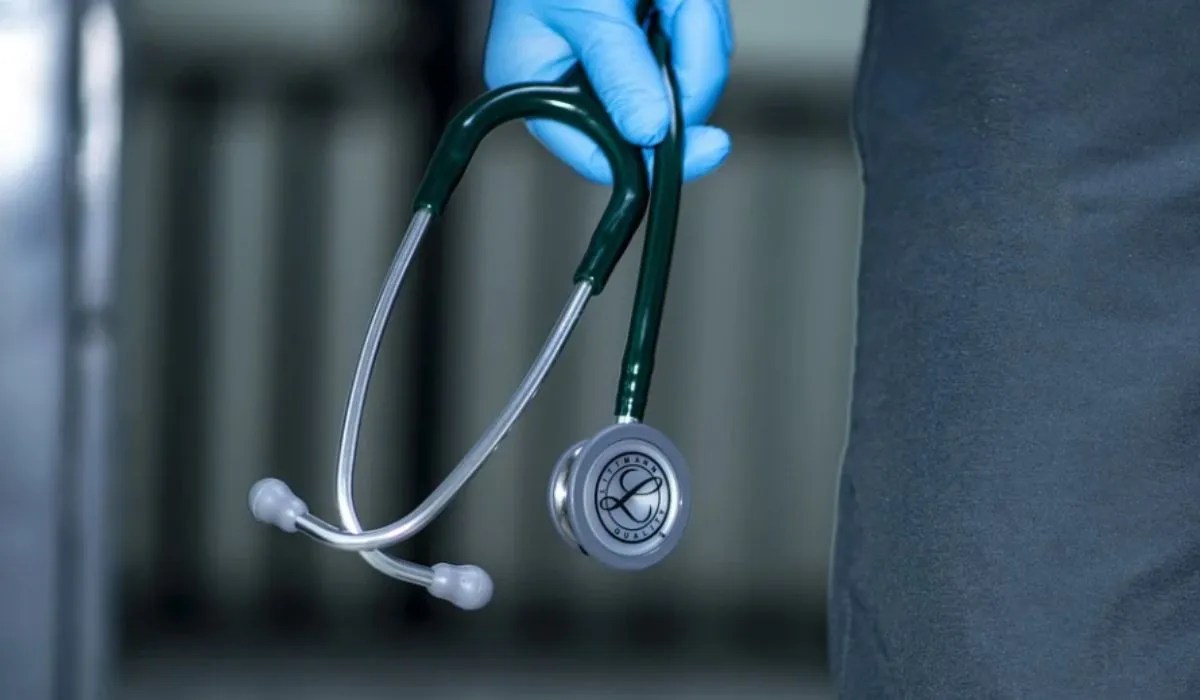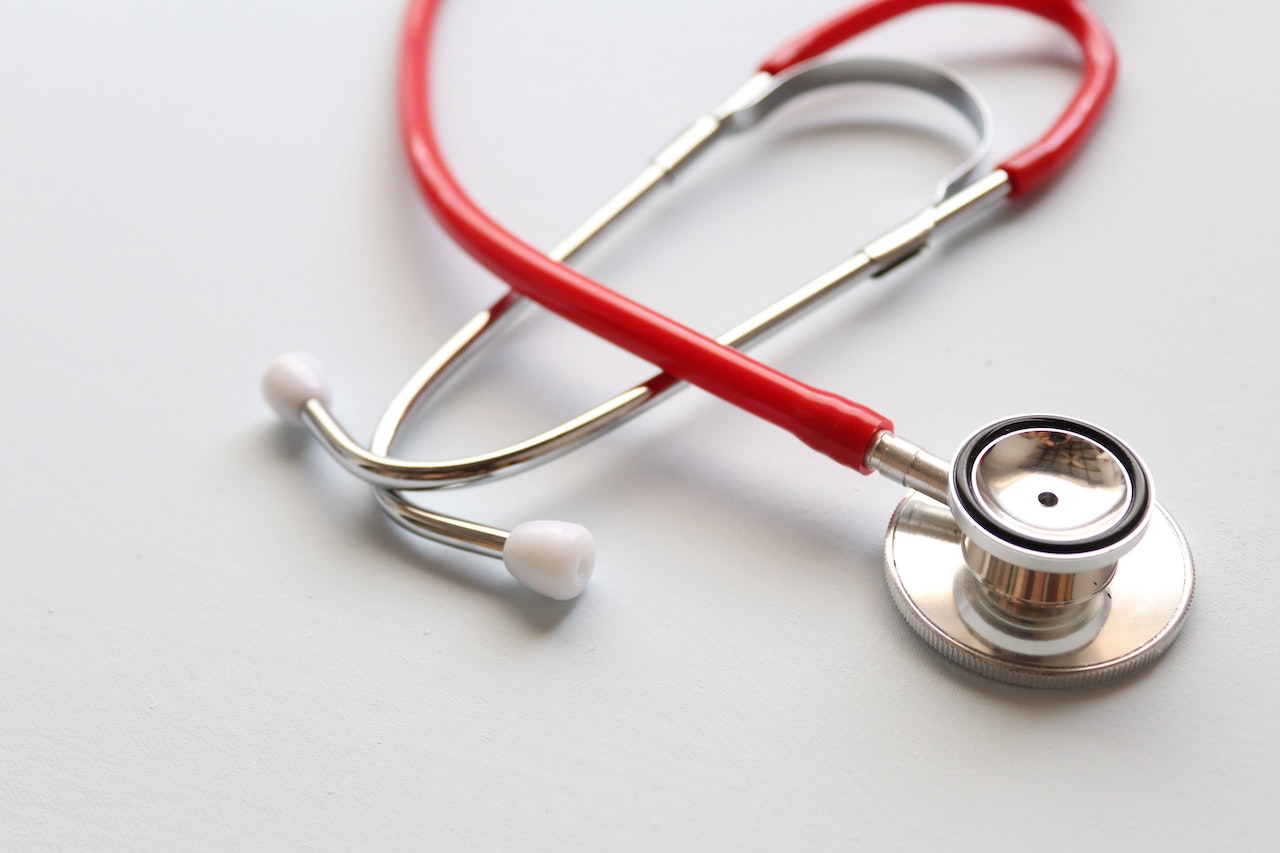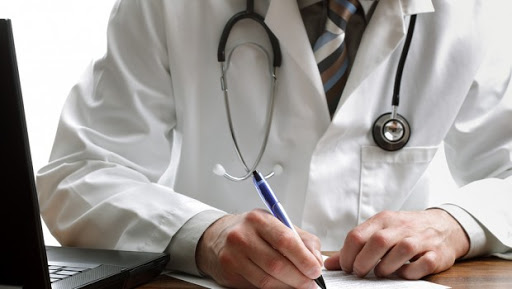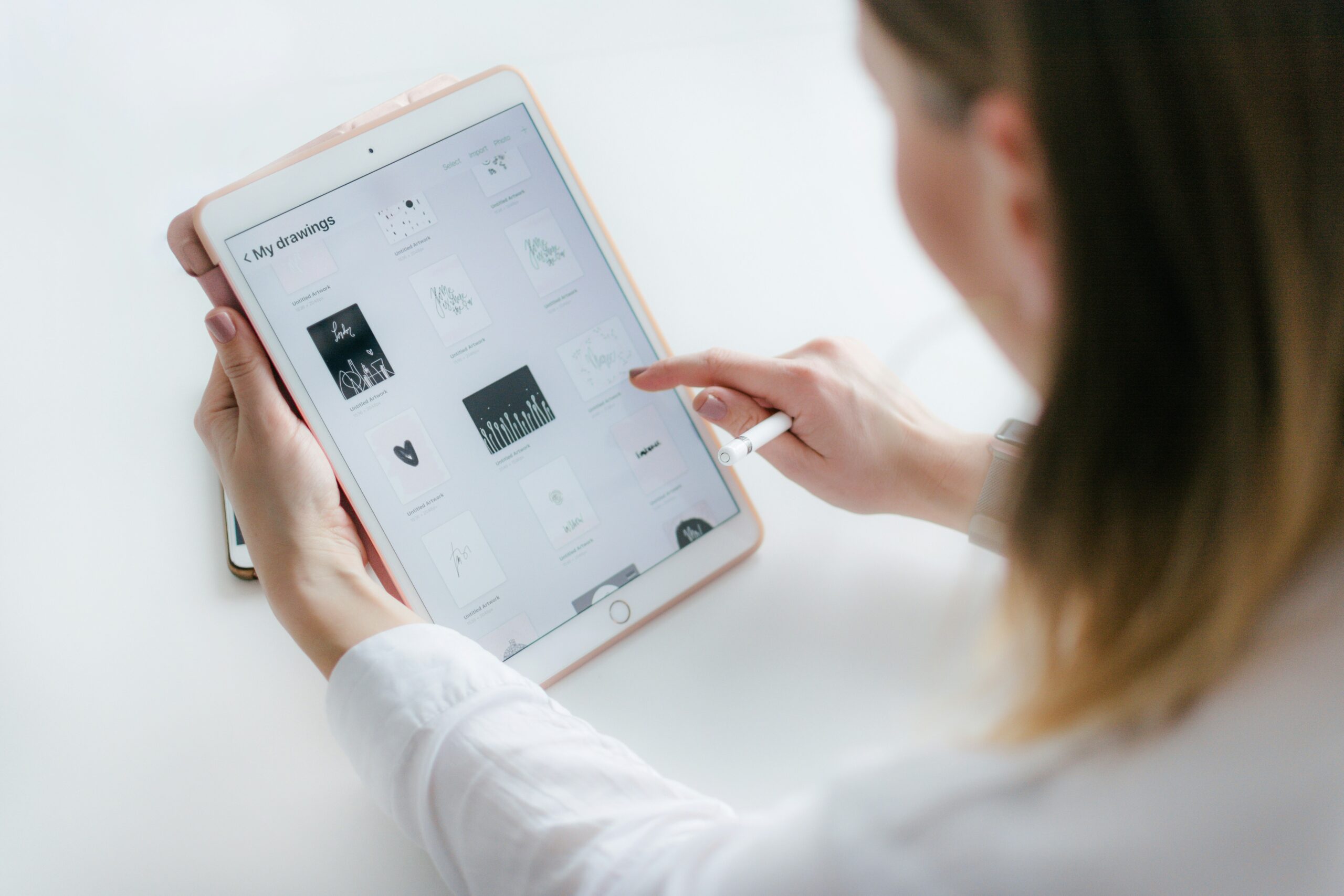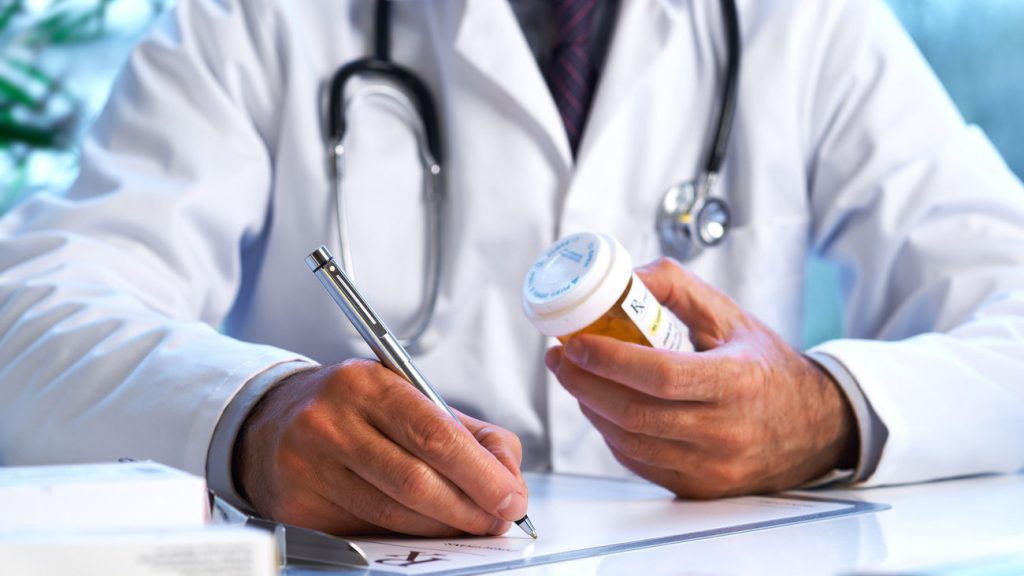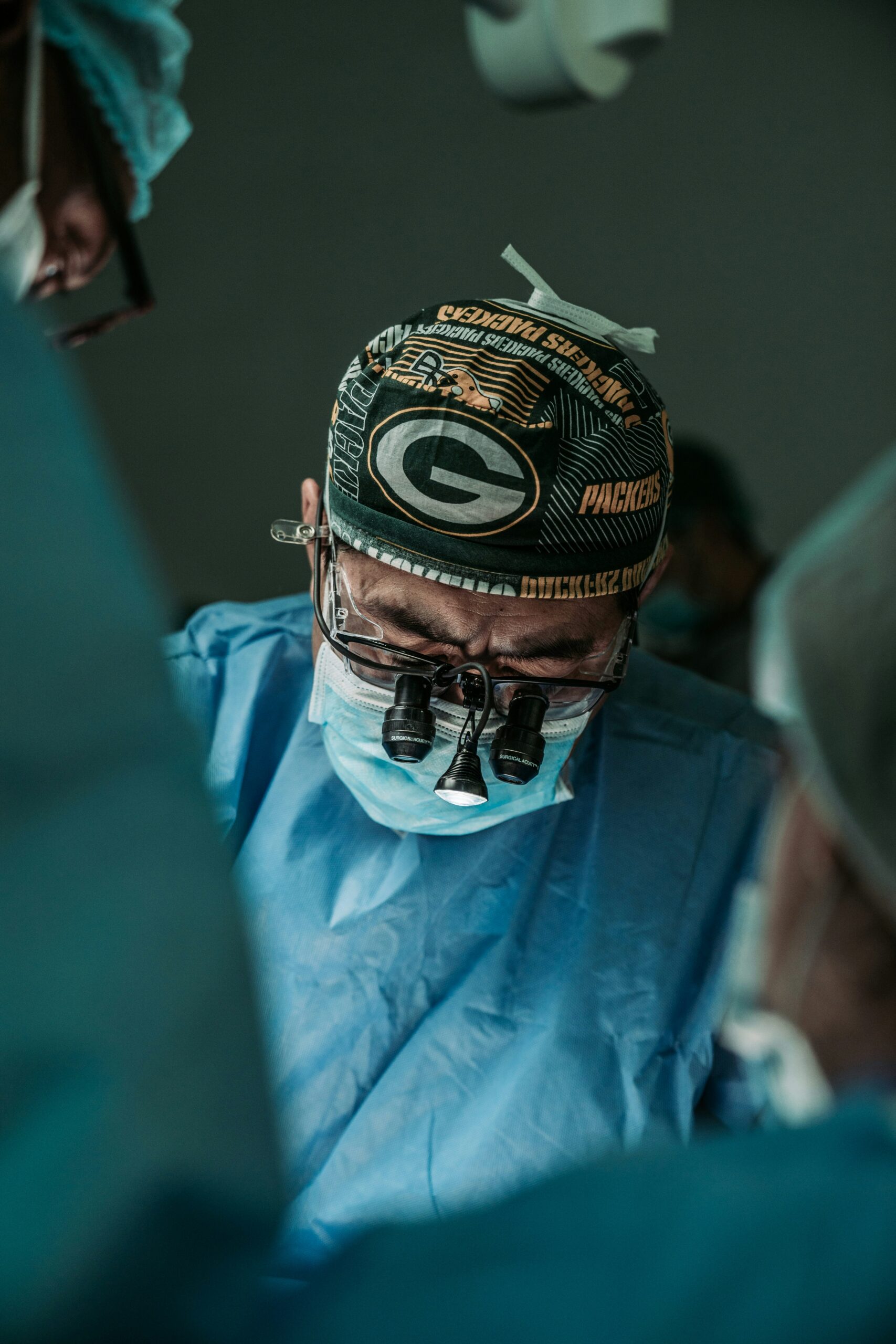Neutralizing antibody responses to SARS-CoV-2 in a COVID-19 recovered patient cohort and their implications
Fan Wu*, Aojie Wang, Mei Liu, Qimin Wang, Jun Chen, Shuai Xia, Yun Ling, Yuling Zhang, Jingna Xun, Lu Lu, Shibo Jiang, Hongzhou Lu, Yumei Wen, Jinghe Huang*
Shanghai Public Health Clinical Center and Key Laboratory of Medical Molecular Virology (MOE/NHC/CAMS), School of Basic Medical Sciences, Fudan University, Shanghai, China
medRxiv article (not peer-reviewed) (Free PDF)
Levels of antibodies to SARS-CoV-2 vary widely in patients after recovery from novel coronavirus disease (COVID-19) — and in some patients, antibodies are undetectable — according to a study on the preprint server medRxiv.
Researchers in China measured SARS-CoV-2-specific neutralizing antibodies in 175 patients who had recovered from COVID-19. All patients had been hospitalized with confirmed, albeit “mild,” infection. Antibodies were measured in plasma collected at the time of discharge.
Overall, 30% of patients had very low levels of SARS-CoV-2-specific antibodies; of these, 10 patients (6% overall) had undetectable antibody titers. Those with undetectable titers at discharge still had undetectable levels 2 weeks later.
Six patients had antibody titers measured at different points in their disease course. Titers peaked at roughly 10–15 days after illness onset and remained stable thereafter.
The researchers conclude, “These results revealed that a proportion of patients infected with SARS-CoV-2 would recover without developing high titers of virus-specific [neutralizing antibodies]. How these patients recovered without the help of [antibodies] and whether they were at risk of re-infection of SARS-CoV-2 should be further explored.”
